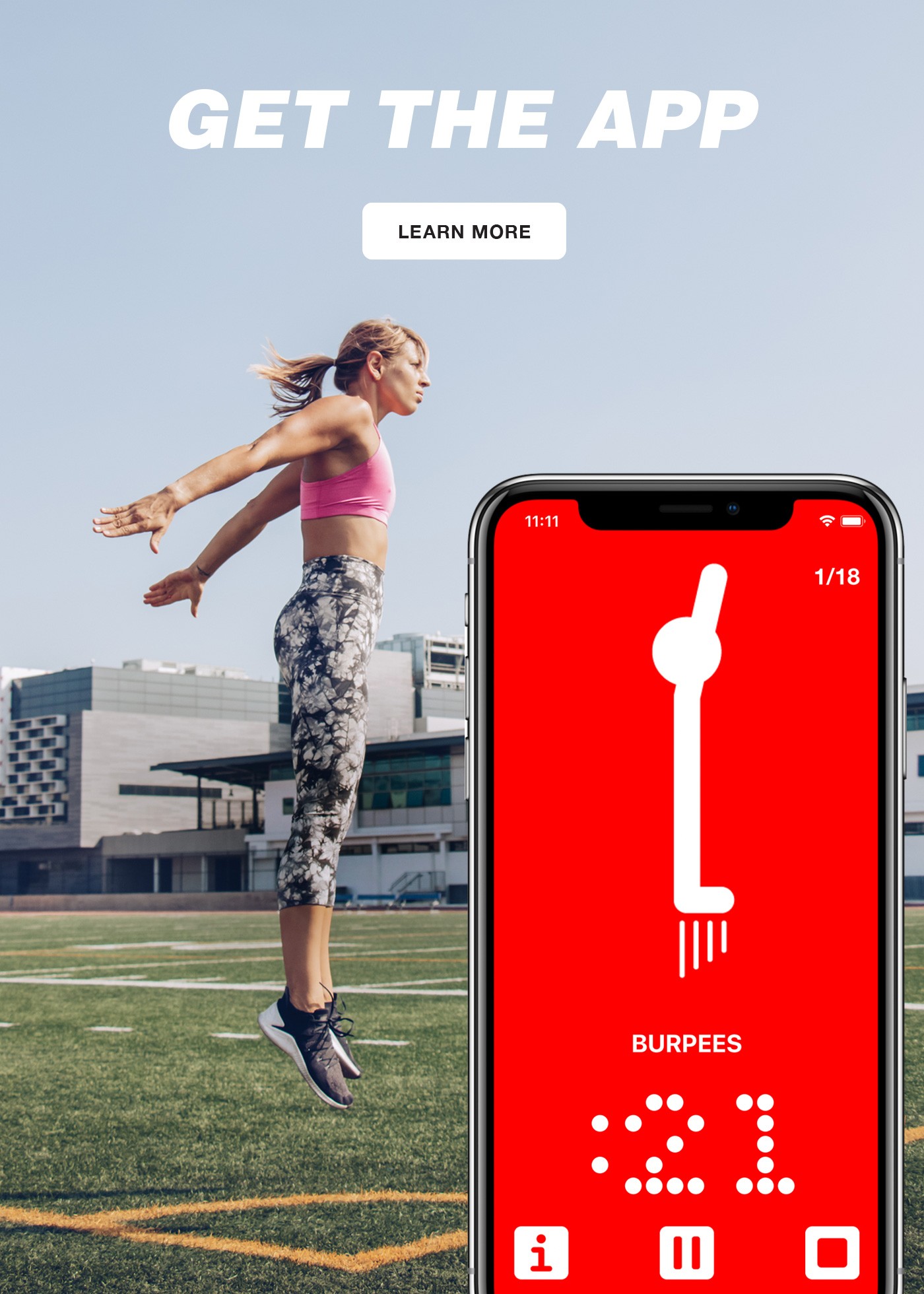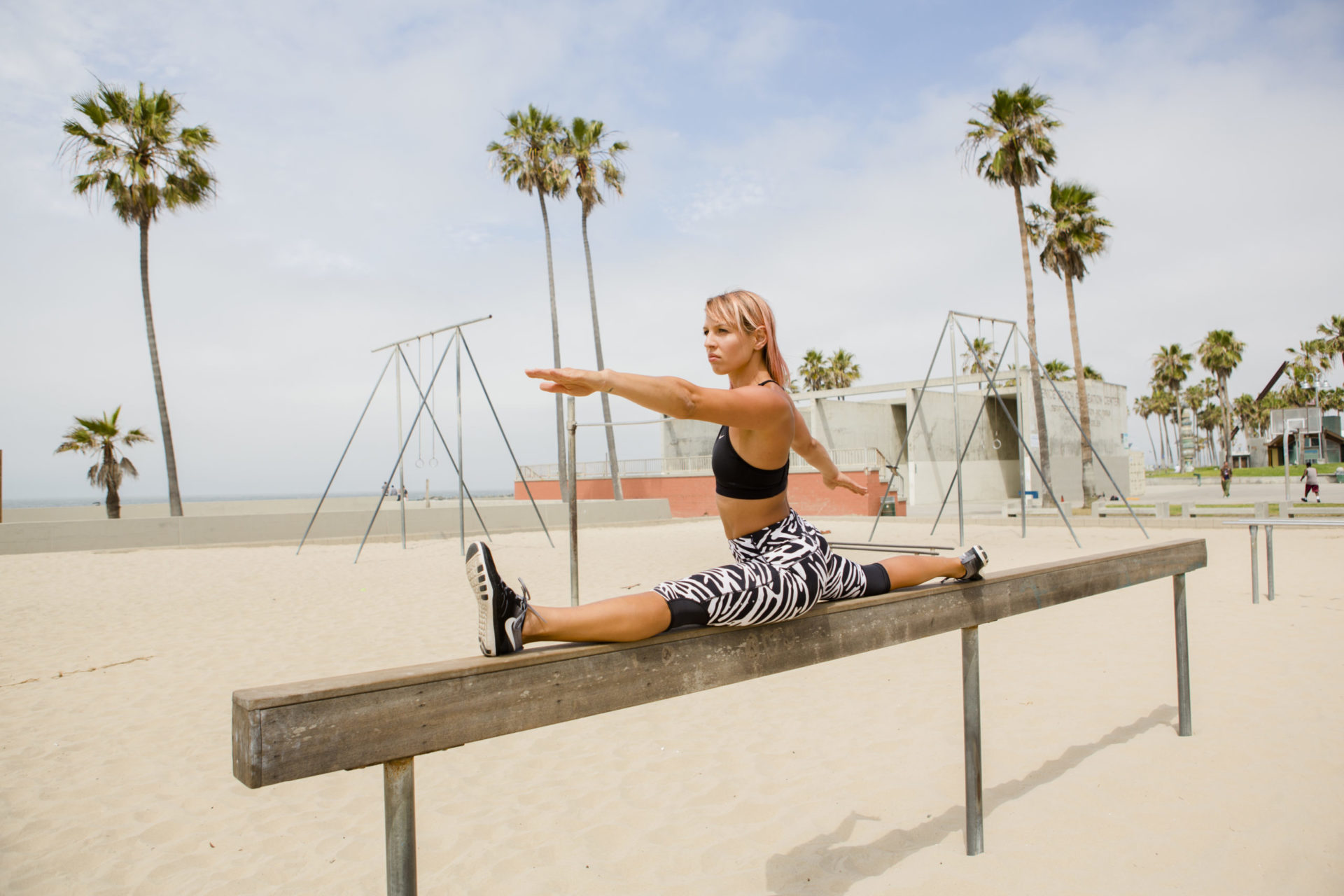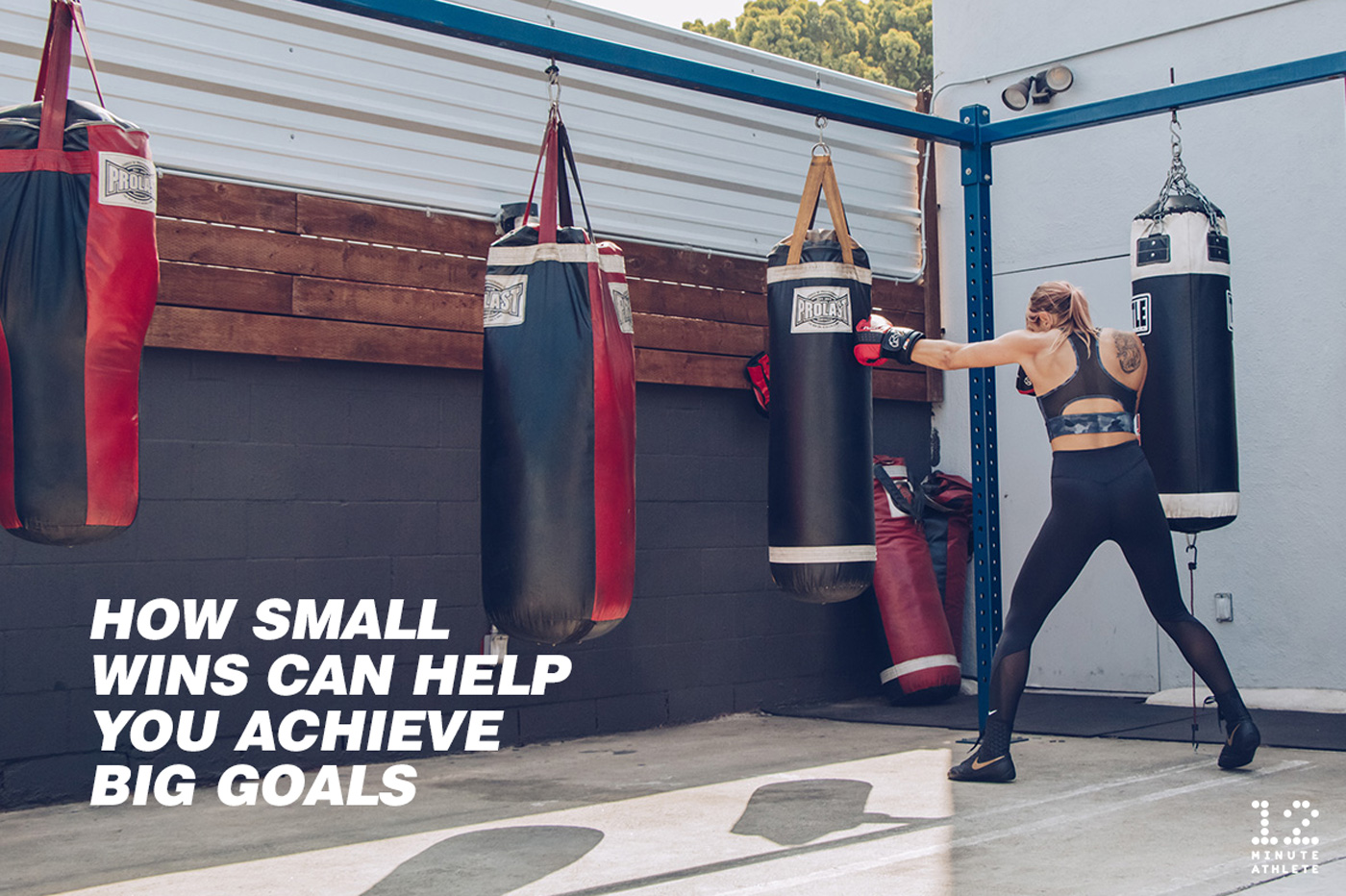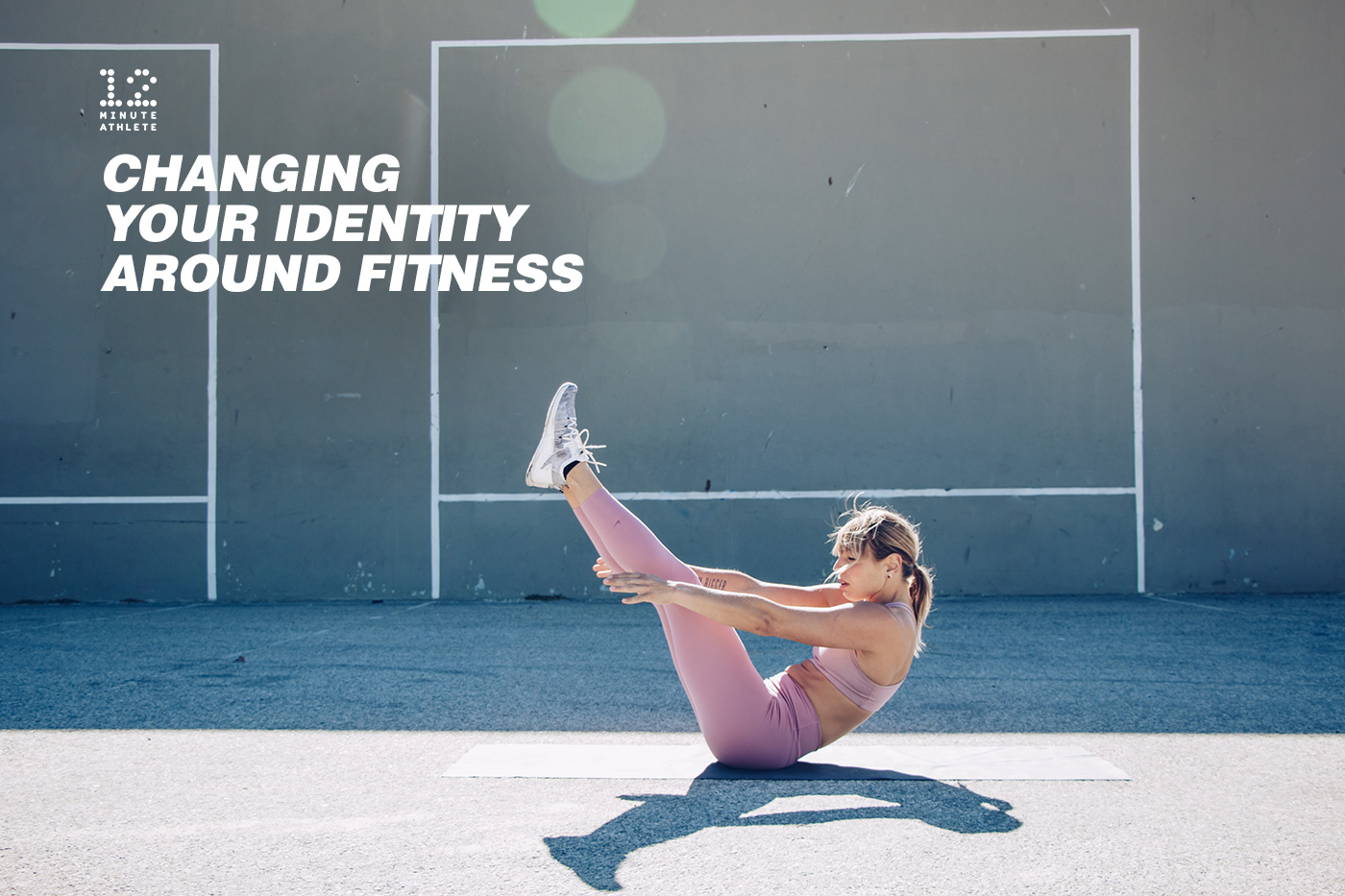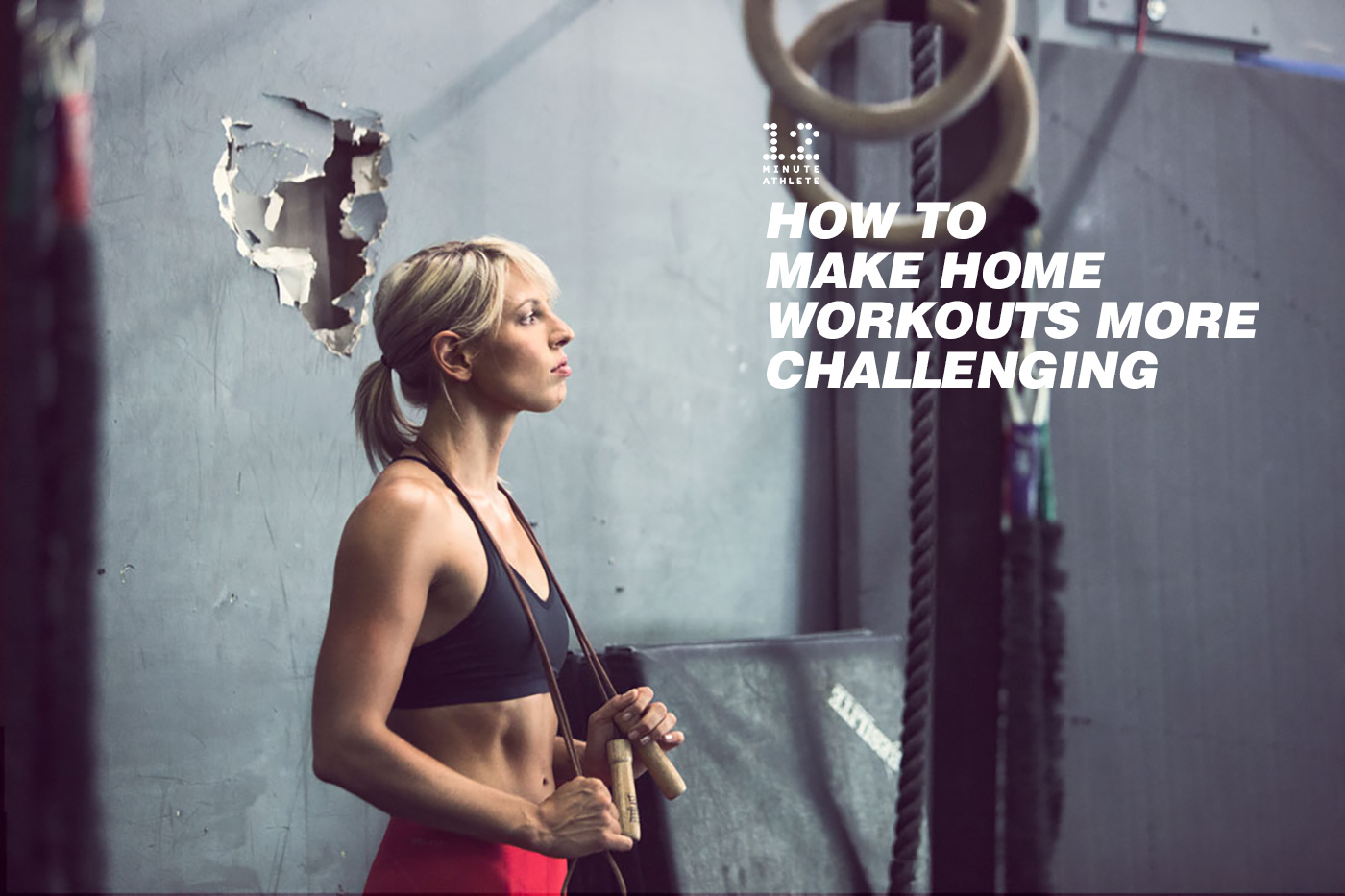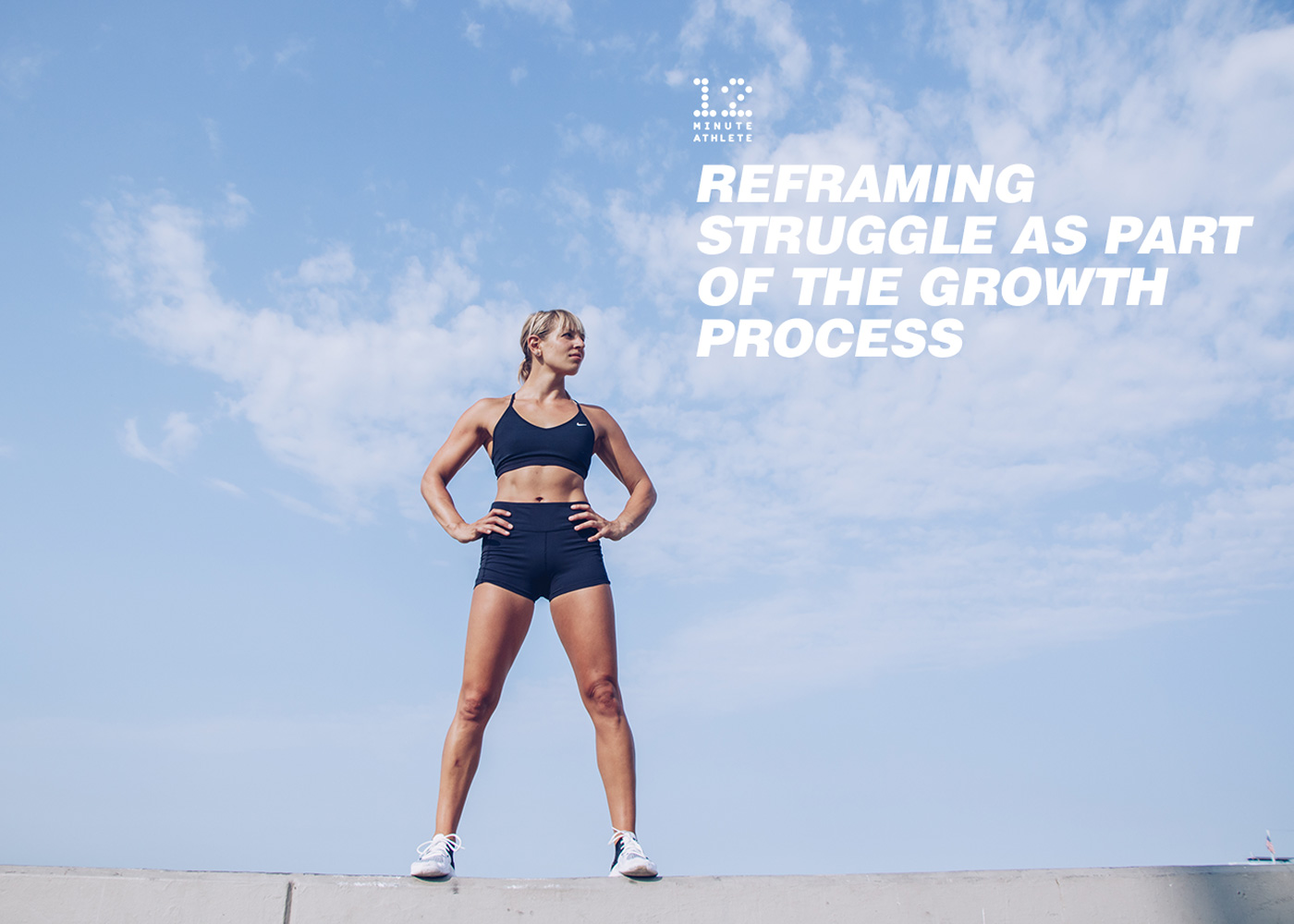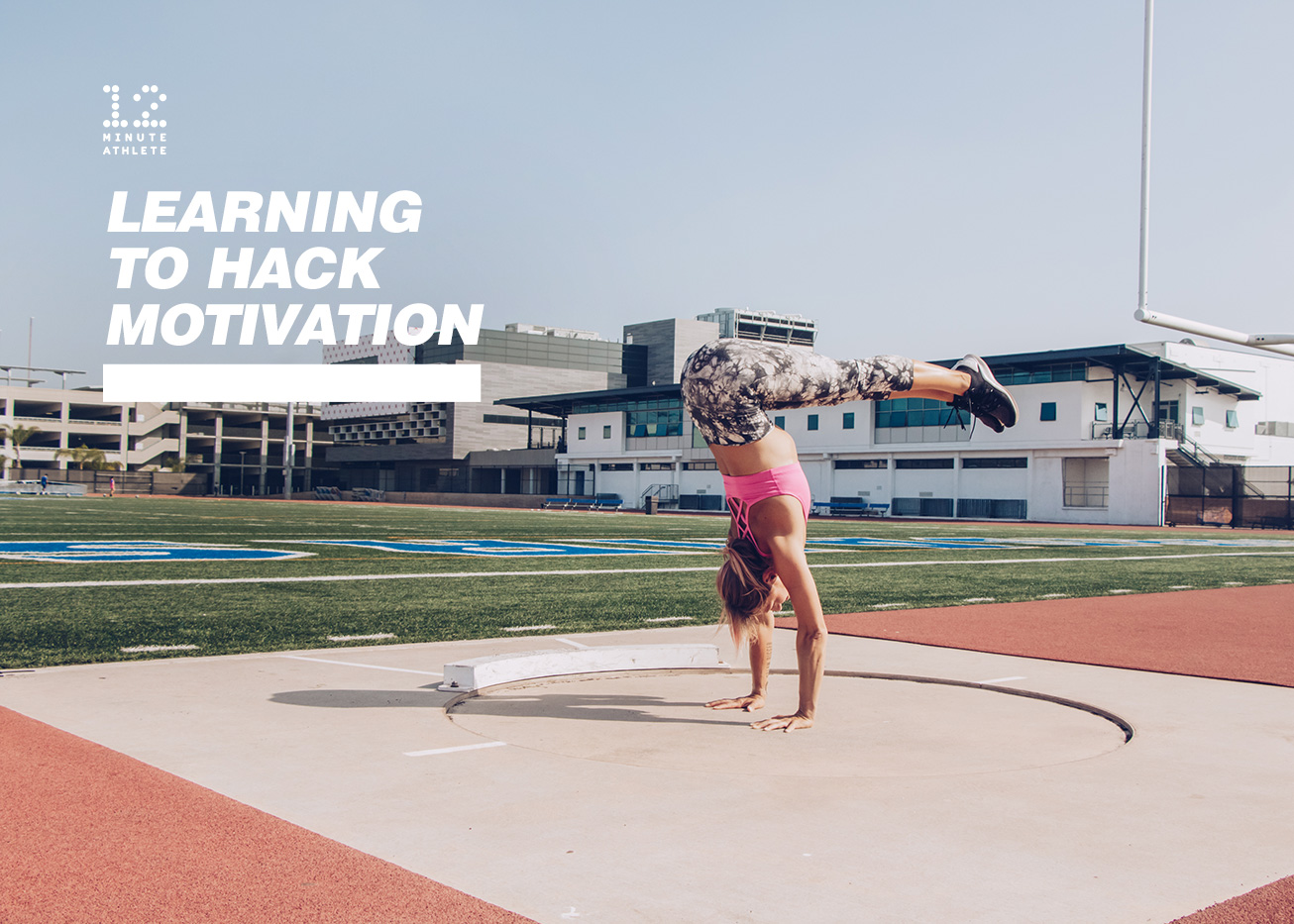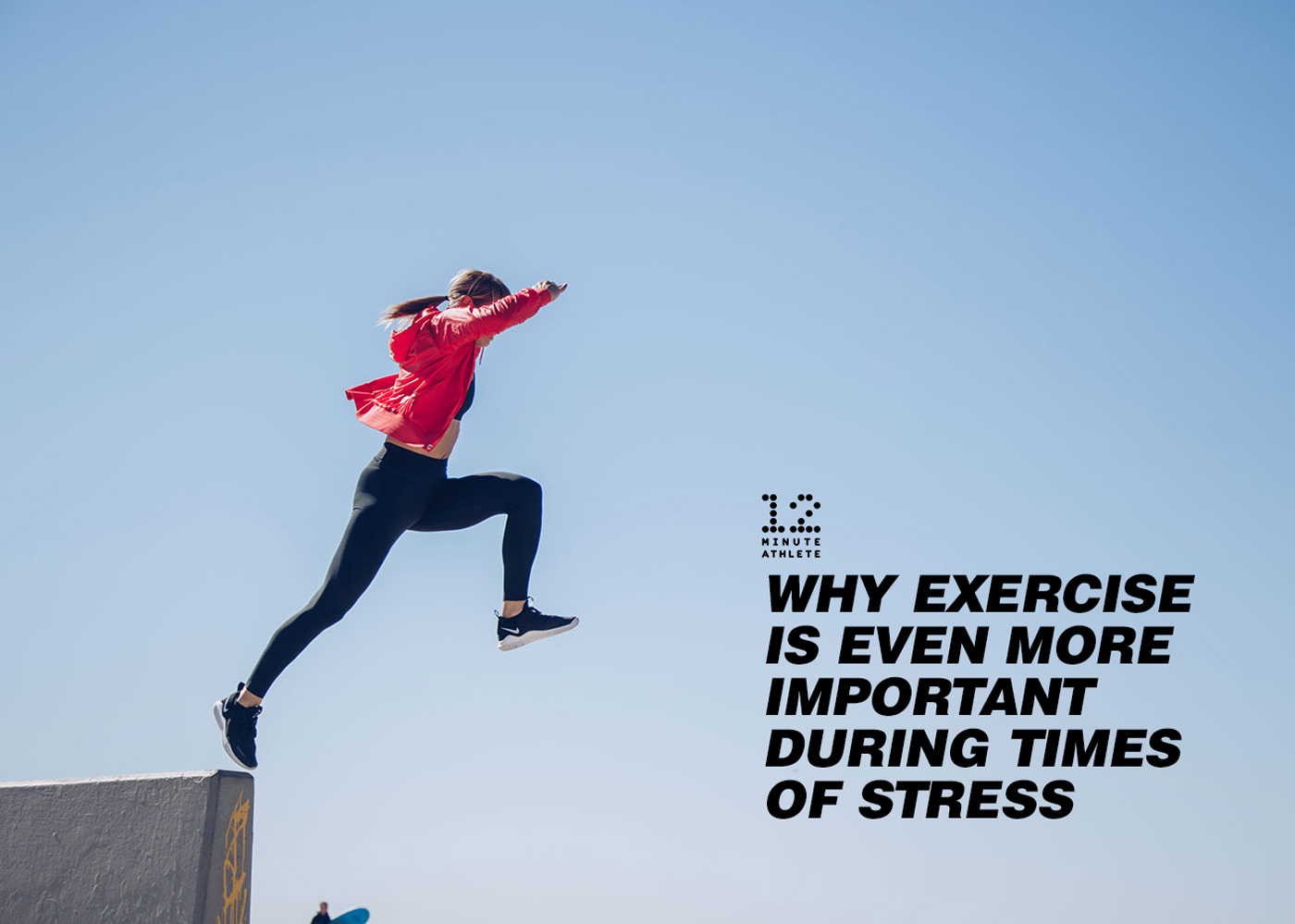Fitness has been my biggest teacher in life.
Through push-ups, squats, burpees, and sprints, I’ve become not only physically stronger and fitter than my former non-fit self, but mentally stronger, too.
Fitness helped me learn that I can do difficult things. It taught me patience and persistence. After spending most of my life hiding behind a wall of fear, always afraid to fail, fitness helped me learn to try.
Without the lessons I’ve learned so far in my fitness journey, I would be a shell of the person I am today. And I know I’m not alone.
I hear so many stories from others who have had similar experiences. From the lawyer who got through the hardship of her teenage years by running every day, to the scientist who learned how to deal with life’s unpredictability through skateboarding, fitness has the power to change lives.
Below are five ways fitness can teach you valuable life lessons, no matter your current fitness level, previous experience, age, sex, or genetics. These ring true whether your fitness activity of choice is lifting weights, playing pickup basketball, or going for an awe-inspiring hike in nature. Keep coming back to these and notice how you can use your workouts as a training ground for the rest of your life.

